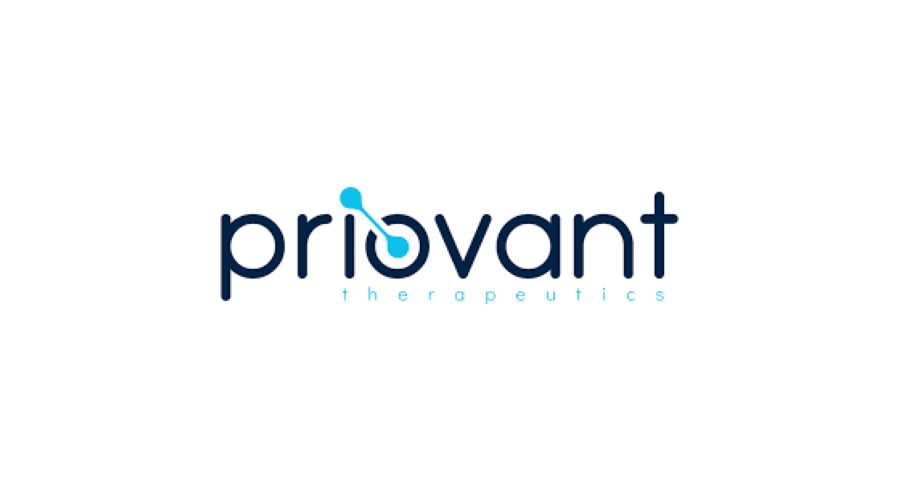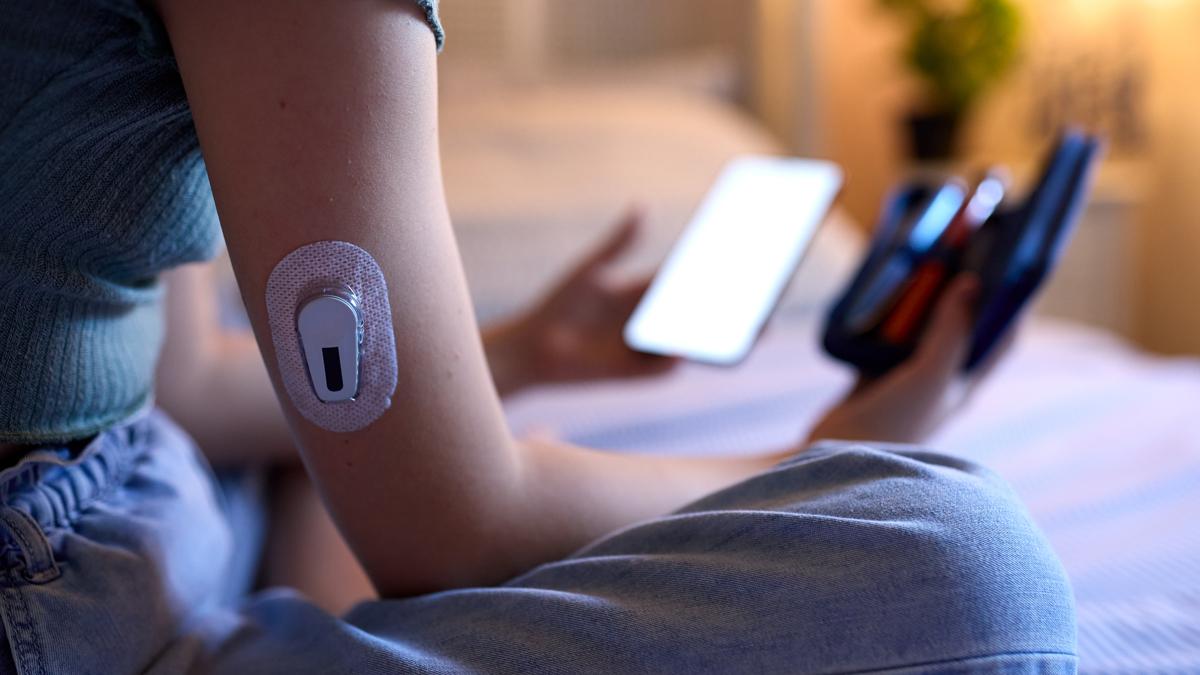Pfizer and Roivant launch autoimmune specialist Priovant

The latest start-up to emerge from the Roivant stable is named Priovant Therapeutics, and has been formed to develop a JAK1/TYK2 inhibitor originated by Pfizer as a treatment for autoimmune diseases.
The drug – called brepocitinib – is the centrepiece of the new biotech's R&D pipeline and is already a pair of pivotal trials in patients with dermatomyositis and systemic lupus erythematosus (SLE), with results in the latter indication due next year.
Pfizer said last November that it was spinning off brepocitinib into a new company, and confirmed this week that it will retain a 25% stake in the new company. Priovant owns commercial rights in the US and Japan, with Pfizer keeping rights elsewhere.
The partners say that the drug is a potential first-in-class therapy that could offer improved efficacy than drugs working against JAK1 or TYK2 alone in autoimmune diseases, and is being targeted at indications with few treatment options as well as a high burden on patients.
It has already been tested in five placebo-controlled mid-stage trials in psoriatic arthritis, plaque psoriasis, ulcerative colitis, alopecia areata, and hidradenitis suppurativa.
There are already several JAK inhibitors on the market – including Pfizer's own Xeljanz (abrocitinib) – while the TYK2 category is being led by Bristol-Myers Squibb's deucravacitinib, which generated disappointing results in an ulcerative colitis trial last year but is still an active programme.
In Roivant, Pfizer has a partner with "a proven track record in late-stage inflammation and immunology drug development," said the big pharma's chief scientific officer Mikael Dolsten.
Hiving off brepocitinib will allow Pfizer to "focus on diversifying its pipeline so that patients may benefit from potential options against inflammatory diseases," he added. Priovant also claims rights to ropsacitinib (PF-06826647), a selective TYK2 inhibitor.
Brepocitinib is the star candidate however and recently started a phase 3 trial in dermatomyositis, a rare disease that causes skin rashes and muscle inflammation, can lead to serious disability and disfigurement, and has a five-year mortality rate of 10 to 40%. It affects approximately 37,000 adults in the US.
The single trial should be enough for regulatory filings, said Pfizer. Meanwhile, the drug is also in a phase 2b trial in SLE, one of two that is likely to be required for marketing applications in that disease, which leads to fatigue, skin rashes, fevers, and pain or swelling in the joints.
The lead indications sidestep any direct competition with deucravacitinib, which is in phase 3 testing for plaque psoriasis and psoriatic arthritis.
Roivant cuts programmes
News of Priovant emerged as Roivant said it was taking the axe to a number of R&D programmes across its network of 'vant companies in order to conserve cash.
The group founded by entrepreneur Vivek Ramaswamy – which specialises in taking on surplus projects from other companies and taking the forward – is dropping six candidates, including three from its dermatology unit Dermavant.
On the chopping block are DMVT-502 for vitiligo and atopic dermatitis, DMVT-503 for acne and DMVT-504 for hyperhidrosis, which Roivant said would free up resources to develop recently-approved psoriasis therapy Vtama (tapinarof) for new uses including atopic dermatitis.
The cull also includes Aruvant's lentiviral sickle cell disease gene therapy ARU-1801 – in trials but with questionable commercial potential given progress with rival therapies – as well as Lysovant's bacteriophage-encoded lysin LSVT-1701 for staphylococcal infections and Cytovant's lead T cell receptor therapy candidate CVT-TCR-01 for solid tumours.













